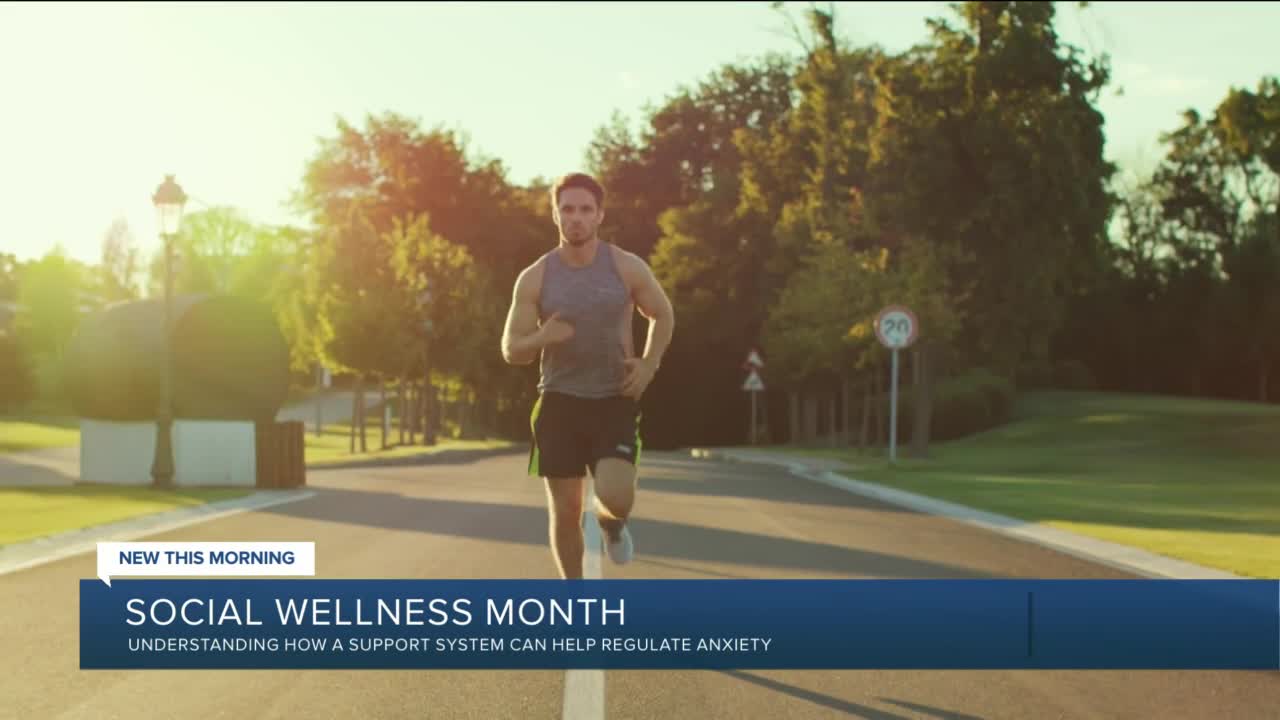Ths was known months ago, has your doctor instituted a protocol during your hospital stay?
Do you prefer your doctor incompetence in this NOT KNOWING? OR NOT DOING?
Because if your doctor has done nothing on this you don't have a functioning stroke doctor. I expect my doctor to be up-to-date on everything stroke related and should know more than me.
Study finds link between regular internet use and lower risk of dementia May 2023
I do at least 2-3 hours daily reading my stroke research emails and updating this blog.
Over 50? Using the Internet for This Long Each Day Could Reduce Dementia Risk, Says New Study
Story by Dr. Patricia Varacallo, DO • Yesterday 3:32 AM
This research shines a new light on the Internet—not just as a tool for communication or entertainment, but as a potential ally in staving off dementia. This condition, characterized by a decline in memory, attention, and problem-solving abilities, currently plagues over 6.2 million Americans aged 65 and older, as per the Centers for Disease Control and Prevention (CDC).
Why Your Eyes Could Be Key to Early Alzheimer's DiagnosisThe science behind the screen. To understand the relationship between Internet usage and cognitive health, researchers followed the digital habits and cognitive well-being of over 18,000 dementia-free adults aged 50 to 65 years for a median of 7.9 years. By the study's end, 4.68% of participants had developed dementia. However, those who regularly used the Internet had about half the risk of developing dementia compared to non-regular users. This finding held steady across diverse educational backgrounds, race-ethnicities, genders, and generations. Unsurprisingly, the study does yield some caution about how much daily Internet use is healthy for the brain. Study participants using the Internet for a modest 0.1 to 2.0 hours daily were the least susceptible to dementia. However, risk factors rose for those deeply absorbed online for 6.1 to 8.0 hours daily. While this surge in risk was not statistically significant, it does hint at an optimal "digital dosage" that's safe for brain health.Gawon Cho, PhD, who was a doctoral candidate at New York University School of Global Public Health when she served as an author of the study, explained via Medscape Medical News: "Online engagement can develop and maintain cognitive reserve—resiliency against physiological damage to the brain." Dr. Cho added that "increased cognitive reserve can, in turn, compensate for brain aging and reduce the risk of dementia." Dr. Cho also cautioned on excessive Internet use, noting, "Using the Internet excessively daily may negatively affect the risk of dementia in older adults."
Related video: Alzheimer's at age 30: The B-side of a disease that also affects young people (WION)p>The disease plagues millions in the world age 30 toQualitySettings Captions Fullscreen WION Alzheimer's at age 30: The B-side of a disease that also affects young people 0View on WatchThe digital advantage
What does this mean for you? Your routine Internet activities might do more than keep you informed, connected, or entertained—they could be actively contributing to your cognitive longevity and providing a defense against dementia.
This study opens up new preventative strategies that use the power of the Internet to improve brain health, especially in older adults. It also calls for more research into which types of online engagement are most beneficial for cognitive reserve maintenance.
In line with this, the Alzheimer's Drug Discovery Foundation emphasizes the value of nurturing social connections and stimulating your mind through learning. Both are easily achievable digitally and are essential components of their Seven Steps For Cognitive Health.
People Who Did This One Thing at Age 50 Were the Healthiest at Age 80
Additionally, the Foundation's strategy includes other significant lifestyle measures such as maintaining a nutritious diet, cultivating good sleeping habits, incorporating regular exercise, developing effective stress management mechanisms, and efficiently managing chronic illnesses.
On a fascinating side note, emerging research indicates that sexual satisfaction might be inversely linked to Alzheimer's disease risk. This further expands the spectrum of cognitive health strategies.
As we embrace the increasingly growing world of technology, let's use this to our advantage to ensure our Internet habits support our current needs and long-term brain health.

 BANG Showbiz UK
BANG Showbiz UK
 WTVR Richmond, VA
WTVR Richmond, VA
No comments:
Post a Comment